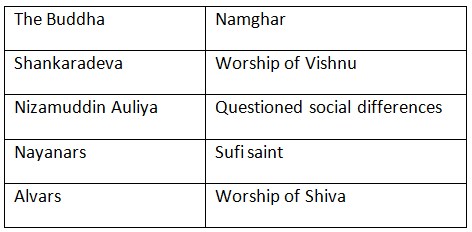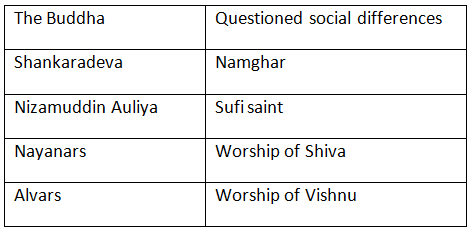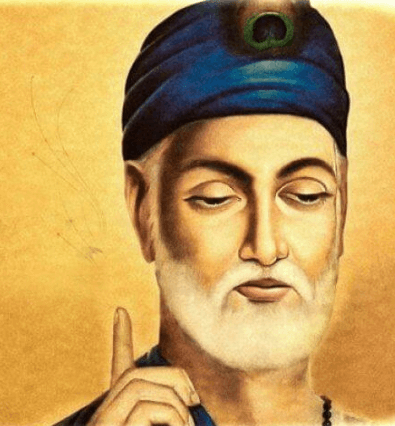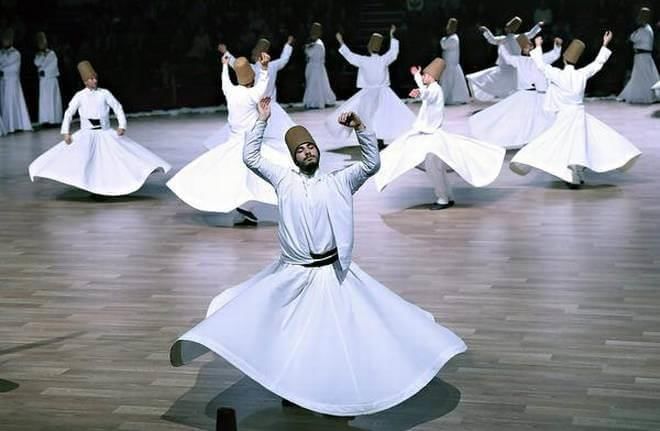NCERT Solutions for Class 7 Social Science - Devotional Paths to the Divine
Let’s Recall
1. Match the following:
Ans:
Q2. Fill in the blanks:
(a) Shankara was an advocate of _________ .
(b) Ramanuja was influenced by the ______ .
(c) _____ , _____ and _____ were advocates of Virashaivism.
(d) ______ was an important centre of the Bhakti tradition in Maharashtra.
Ans:
(a) Shankara was an advocate of advaita.
(b) Ramanuja was influenced by the Alvars.
(c) Basavanna, Allama Prabhu and Akkamahadevi were advocates of Virashaivism.
(d) Pandharpur was an important centre of the Bhakti tradition in Maharashtra.
Q3. Describe the beliefs and practices of the Nathpanthis, Siddhas and Yogis.
Ans: Beliefs and practices of the Nathpanthis, Siddhas and Yogis:
- They valued logical arguments in their teachings.
- They criticised rituals and conventional aspects of religion and society.
- They believed that salvation comes from meditating on the formless Ultimate Reality and realising oneness with it.
- They promoted intense training of the mind and body through practices such as yogasanas, breathing exercises, and meditation.
Q4. What were the major ideas expressed by Kabir? How did he express these?
Ans: The major ideas expressed by Kabir include:

- Rejection of major religious traditions, including both Brahmanical Hinduism and Islam.
- Criticism of external worship and the priestly classes.
- Belief in a formless Supreme God.
- Emphasis on bhakti (devotion) as the only path to salvation.
Kabir conveyed these ideas through his poetry, using a form of spoken Hindi that was easily understood by ordinary people. His teachings are preserved in a vast collection of verses known as sakhis and pads.
Let’s understand
Q5. What were the major beliefs and practices of the Sufis?
Ans: Sufis are known for their unique beliefs and practices that focus on a deep, personal connection with God. Their major beliefs and practices include:

- Sufis seek a close relationship with God, similar to a lover's pursuit of their beloved.
- They emphasise love for God and compassion towards all people, rejecting strict religious formalities.
- Sufis use various methods such as zikr (chanting), sama (listening to music), and raqs (dancing) to cultivate their spirituality.
- They often follow a pir or spiritual teacher, forming silsilas or lineages that pass down teachings and practices.
- Sufis challenge traditional religious practices, advocating for a more personal and heartfelt devotion to God.
- They have produced rich literature, including poetry and stories, expressing their spiritual experiences.
Notable Sufi figures include Rumi, Ghazzali, and Sadi, who have greatly influenced Sufi thought and practice.
Q6. Why do you think many teachers rejected prevalent religious beliefs and practices?
Ans: Many teachers rejected prevalent religious beliefs and practices for several reasons:
- They believed these beliefs created divisions in society.
- Such teachings often favoured the upper castes, leaving lower castes to suffer.
- The notion that all humans are not equal was widespread and needed to be challenged.
- Teachers advocated for the equality of all individuals and aimed to eliminate societal evils.
- They felt that true liberation could be achieved through devotion to God.
Q7. What were the major teachings of Baba Guru Nanak?
Ans: Major teachings of Baba Guru Nanak ji:
- Worship of one God.
- Irrelevance of caste, creed, and gender for liberation.
- Pursuit of an active life with a strong sense of social commitment.
- Nam is the essence of his teachings.
- Practices of nam-japna (meditation), kirt-kama (honest living), and vand chakhna (sharing with others).
Let’s Discuss
Q8. For either the Virashaivas or the sants of Maharashtra, discuss their attitude towards caste.
Ans: The Virashaivas held a progressive view on caste and social equality. Their beliefs included:
- All human beings are equal, regardless of their background.
- They opposed Brahmanical ideas about caste.
- They advocated for the fair treatment of women.
- They envisioned a society where people could live in harmony, free from distinctions of high and low or rich and poor.
Q9. Why do you think ordinary people preserved the memory of Mirabai?
Ans: Mirabai was a Rajput princess who married into the royal family of Mewar. However, she was unhappy with palace life and chose to leave it behind. She became a disciple of Ravidas, a saint from a caste deemed 'untouchable'. Mirabai dedicated her life to Lord Krishna and composed many bhajans that expressed her deep devotion.
- Her songs challenged the norms of the upper castes.
- They resonated with ordinary people, making her a beloved figure.
- One famous incident involved her drinking poison sent by her husband, yet she survived, which many believed was due to her devotion to Krishna.
This incident further solidified her status as a true devotee in the eyes of the people.
|
63 videos|552 docs|46 tests
|
FAQs on NCERT Solutions for Class 7 Social Science - Devotional Paths to the Divine
| 1. What are the main devotional paths to the divine discussed in the article? |  |
| 2. How does Bhakti Yoga differ from other forms of yoga? |  |
| 3. What role do saints and poets play in the devotional paths to the divine? |  |
| 4. How can one incorporate devotional practices into daily life? |  |
| 5. What impact do devotional paths have on individual spirituality? |  |

















